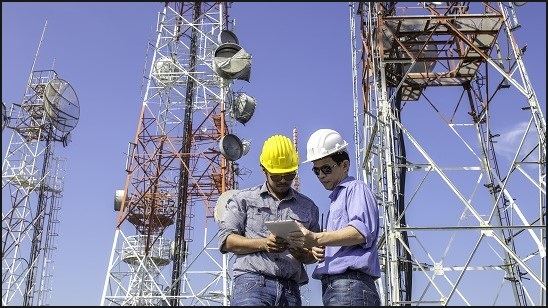Leaked documents reveal that Chinese telco Huawei helped construct and maintain North Korea’s wireless network.
A former Huawei employee provided documents to The Washington Post detailing work orders, contracts, and spreadsheets of Huawei’s global activity in partnership with Chinese state-owned company Panda International.
Huawei and Panda provided North Korean telco Koryolink with the physical equipment needed to build Pyongyang’s 3G network.
Experts told The Washington Post that Huawei’s 3G equipment likely contained enough US components for it to have been in breach of export regulations.
US Commerce Department officials have reportedly been investigating whether Huawei’s involvement with North Korea violates sanctions on the rogue nation.
An anonymous State Department official told The Washington Post that the latest investigation raised added concern around Huawei’s credibility.
“All of this fits into a general concern we have about corporate responsibility and a company like Huawei that is not trustworthy because of its company culture and numerous incidents indicating a willingness to evade or outright violate laws,” the official said.
“Working with regimes like North Korea, who deprive individuals on a regular basis of their basic human rights, raises concern.”
Huawei denied having a “business presence” in North Korea and said it “is fully committed to comply with all applicable laws and regulations” where it does business.
When pressed by a reporter about The Washington Post investigation, US President Trump said “we will have to find out”.
“Our relationship with North Korea is really good,” he said.
A matter of national security
Huawei operates in over 150 countries and is one of the world’s largest mobile phone and network infrastructure providers.
But the Chinese company has received international condemnation amidst a growing list of concerns about the security of its systems – including a warning from US intelligence agencies against buying Huawei phones.
In May, US President Donald Trump signed an executive order citing ‘national security’ that effectively banned the sale of Huawei products in the US.
Trump has recently stepped back from his heavy-handed treatment of Huawei that also blacklisted US companies from selling parts to Huawei without specific licenses.
On Monday he met with various US tech giants CEOs who have been seeking clarification about the Huawei policy.
“The CEOs expressed strong support of the President’s policies, including national security restrictions on United States telecom equipment purchases and sales to Huawei,” a White House statement said.
Immediately following the May blacklist, Google stopped servicing its Android operating system for Huawei devices.
Given Huawei’s security concerns in connection with the Chinese state, nations in the Five Eyes intelligence alliance have been actively scrutinising Huawei’s involvement with critical communications infrastructure.
Australia stood firm on banning Huawei from supplying any part of the 5G network.
The UK Digital Secretary, Jeremy Wright told Parliament on Monday that the UK was delaying a decision to ban Huawei from its 5G network – opting to follow the US lead.
“Since the US government’s announcement we have sought clarity on the extent and implications but the position is not yet entirely clear,” Wright said.
“Until it is, we have concluded it would be wrong to make specific decisions in relation to Huawei.”










